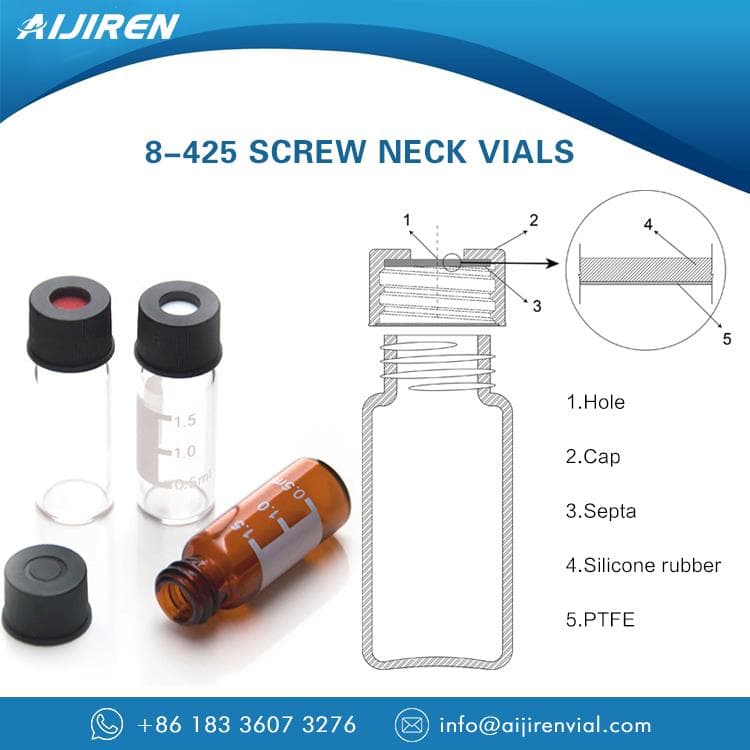
Feb 02, 2021 · 16. Discard the contaminated syringe into the appropriate waste bin. 17. Recap the blood tubes and gently invert (do not shake) at least 5 to 10 times. Inverting this many times, in addition to filling the tubes to the fill line, ensures correct mixture of the blood with the anticoagulant in the blood tube.
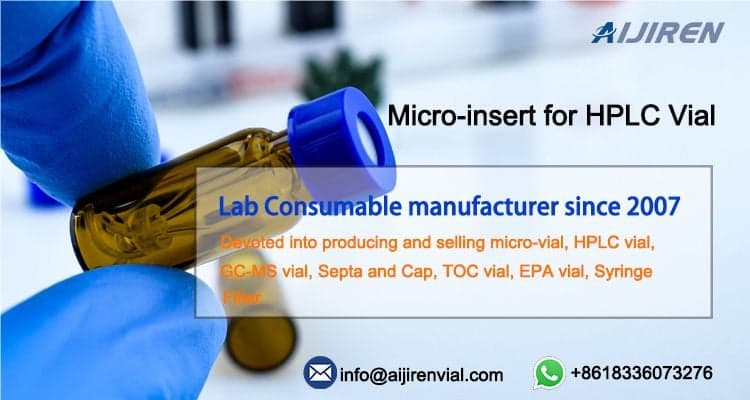
Feb 16, 2022 · An aliquot in science means a form of sub-sample obtained or extracted from a larger sample. An aliquot in chemistry is a fraction of a solution or suspension's total quantity.
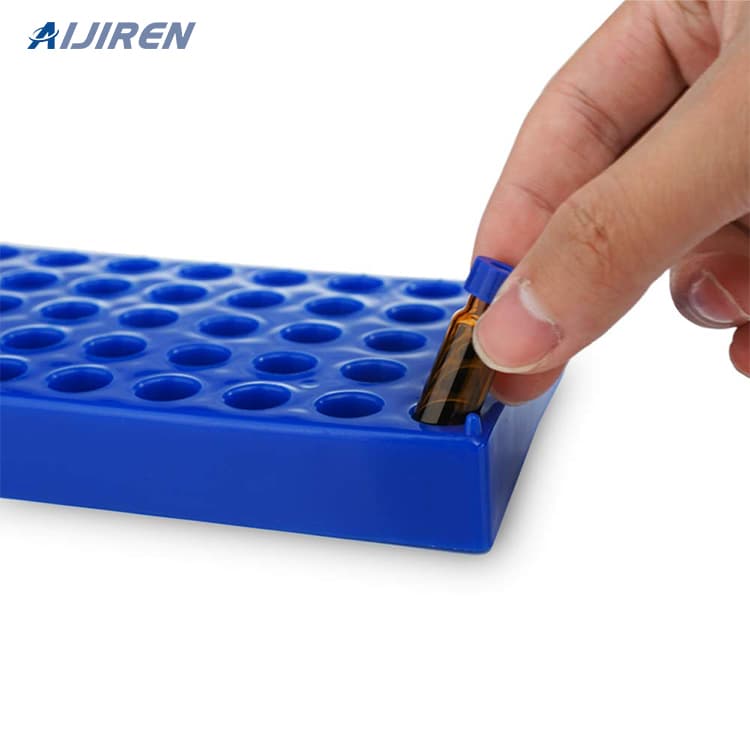
Therefore, the volume of blood collected in each tube and adequate mixing of the sample into the additive are critical steps. 5, 10 The HUPO Plasma Proteome Project 5 noted that there are too many variables to consider to make a universal statement on the best plasma SOPs for everyone to use, but the consideration of these variables in study
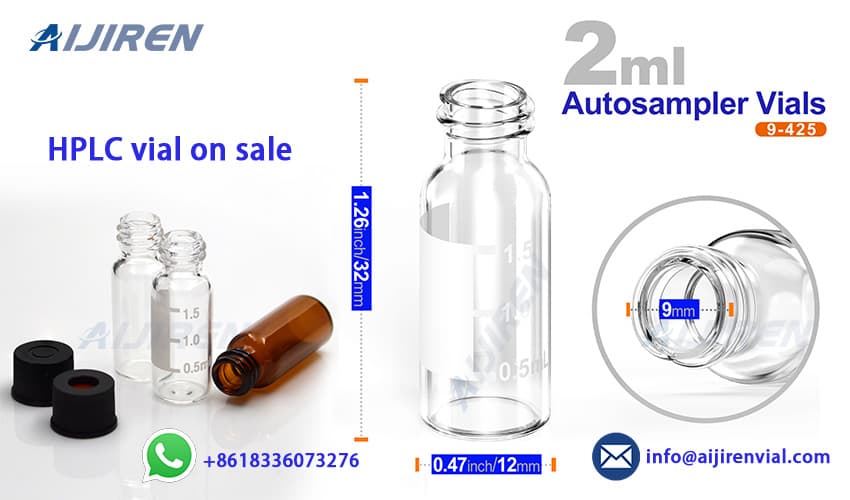
Content: A aliquot It is a part or sample of a whole that presents its characteristics and that is separated to facilitate its study. In chemistry, the aliquot can be of a liquid, solid or gaseous material. The technique to extract these “mini” samples will depend on the characteristics of the study; some may be very small, and some may be
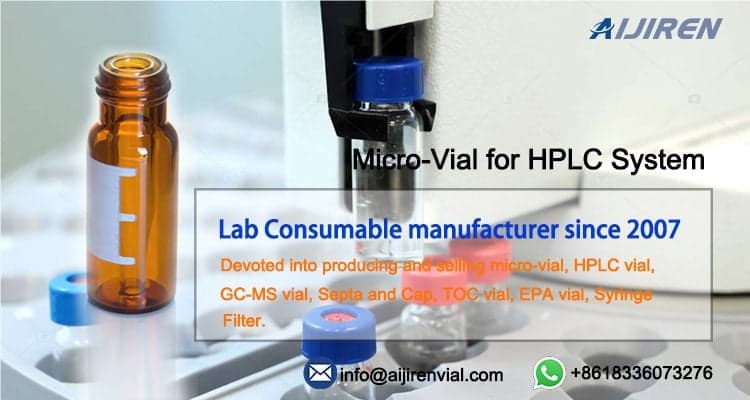
iii. Aliquot stabilized blood by transferring each 650 µL - 1 mL volume into a 2 mL cryovial with gasket. 2. Decontaminate surface of vials using disinfecting wipes. Ensure that sample identifiers are still legible after decontamination. 3. Freeze whole blood in 650 µL - 1 mL aliquots (for non-nucleated RBCs *) by placing aliquot into -80°C

When a sample is divided into smaller portions, which are similar in characteristics like the parent, they are called aliquots. E.g., a 10 ml blood tube is aliquoted into 10x1 ml tubes. They only differ in quantity. Derivatives are processed outcomes of a parent specimen which differ in characteristics like type and pathological status.
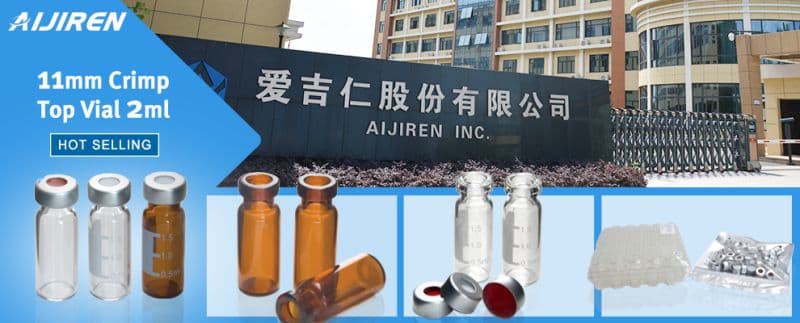
Answer (1 of 2): “Aliquot” is just a term for a sample of liquid; strictly speaking, it is one resulting from the division of a larger volume up into an integer number of smaller, equal samples (“20 mL of the river water was divided into 5 aliquots”) but it’s used so loosely in my experience that

Peripheral Blood Mononuclear Cells (PBMC) and Associated Plasma Collection No.: DMID-OCRR-SOP-002 Effective Date: 30-SEP-2021 Version: 6.0 Page 2 of 14 5.2.2. Aliquot into sterile, labeled 50mL conical centrifuge tubes or other size aliquots appropriate for the anticipated workload. Labels should identify these tubes as “HI-FBS”
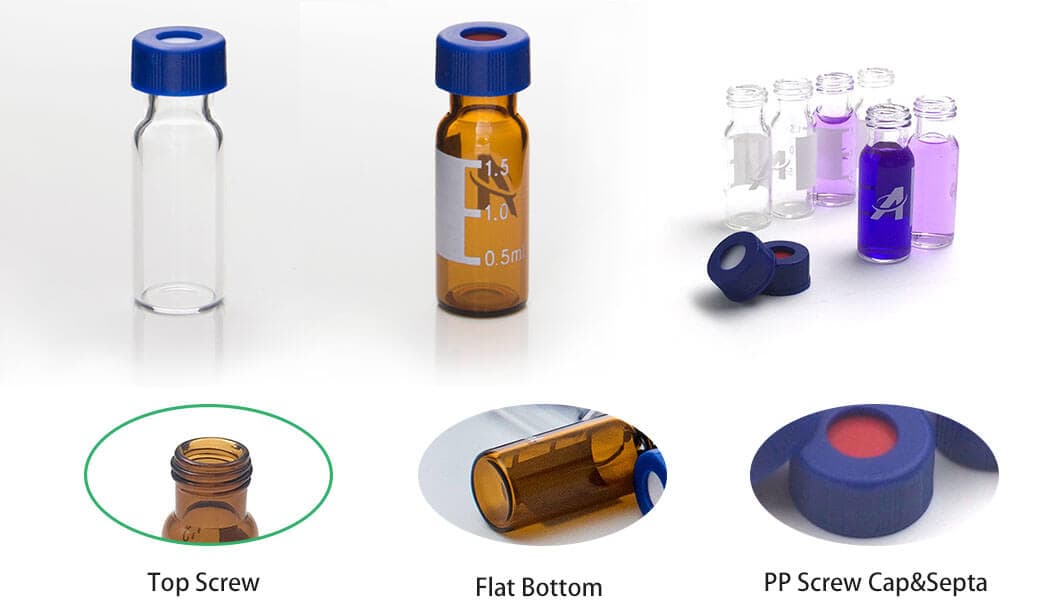
The composition of blood is altered after meals by nutrients being absorbed into the bloodstream. Consequently, postprandial blood (blood drawn after a meal) is not suitable for some chemistry tests. An overnight fast is preferable (from 6 PM of the evening previous to collection) to ensure that the patient is in the basal state.
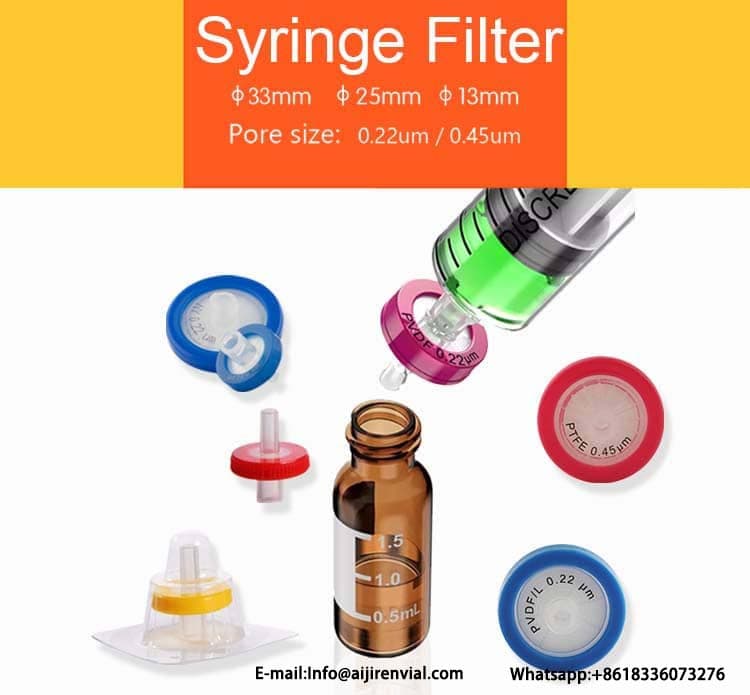
In this video we demonstrate how to split saliva samples through aliquoting. We demonstrate proper technicque and also review workspace prep and sample orga

This video shows Dr. Evan Matthews explaining how to centrifuge blood samples and use transfer pipettes to remove the serum or plasma for immediate use or st

Feb 14, 2017 · Dry Ice Handling. Packaging blood samples with dry ice has an established history and comes with heavy costs and drawbacks. Dry ice is hazardous material and must be vented and labeled properly to ship. The dry ice materials should be placed between the outer and secondary packaging to maintain the temperature integrity of the sample while in

Discard the first 5 ml of blood drawn. If drawn from an indwelling catheter, discard the first 20 ml of blood. Use a blue top blood collection tube containing 3.2 percent sodium citrate. This is the only acceptable sample type. The collection tube must be completely filled. This ensures that the proper ratio of blood to anticoagulant is achieved.
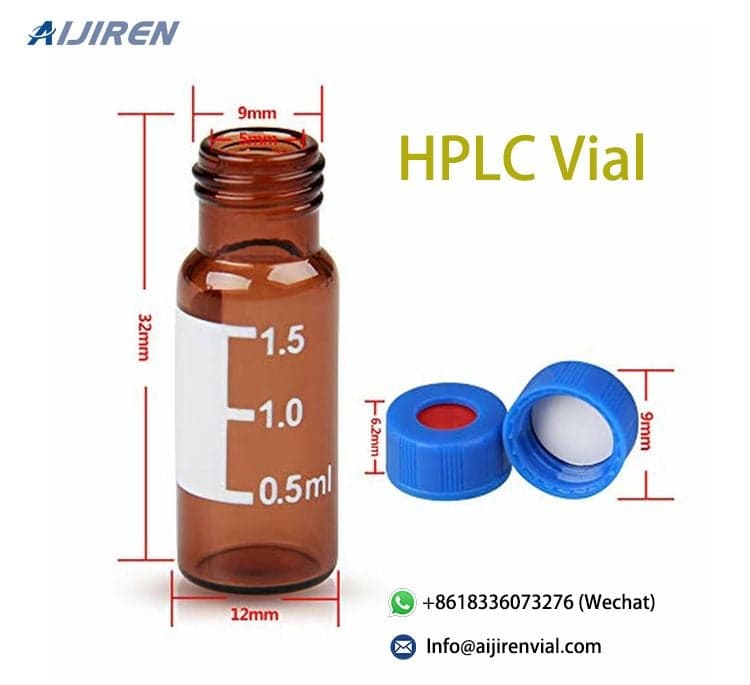
Collect samples and centrifuge at 10,000 x g for 2 min at 4°C. Aliquot supernatant and store samples at -80°C. Minimize freeze/thaw cycles. Plasma. Collect whole blood into anti-coagulant containing tube, such as BD Vacutainer Coagulation tubes (Cat #: 363080/363080) or add 0.1 M sodium citrate to 1/10 final volume.
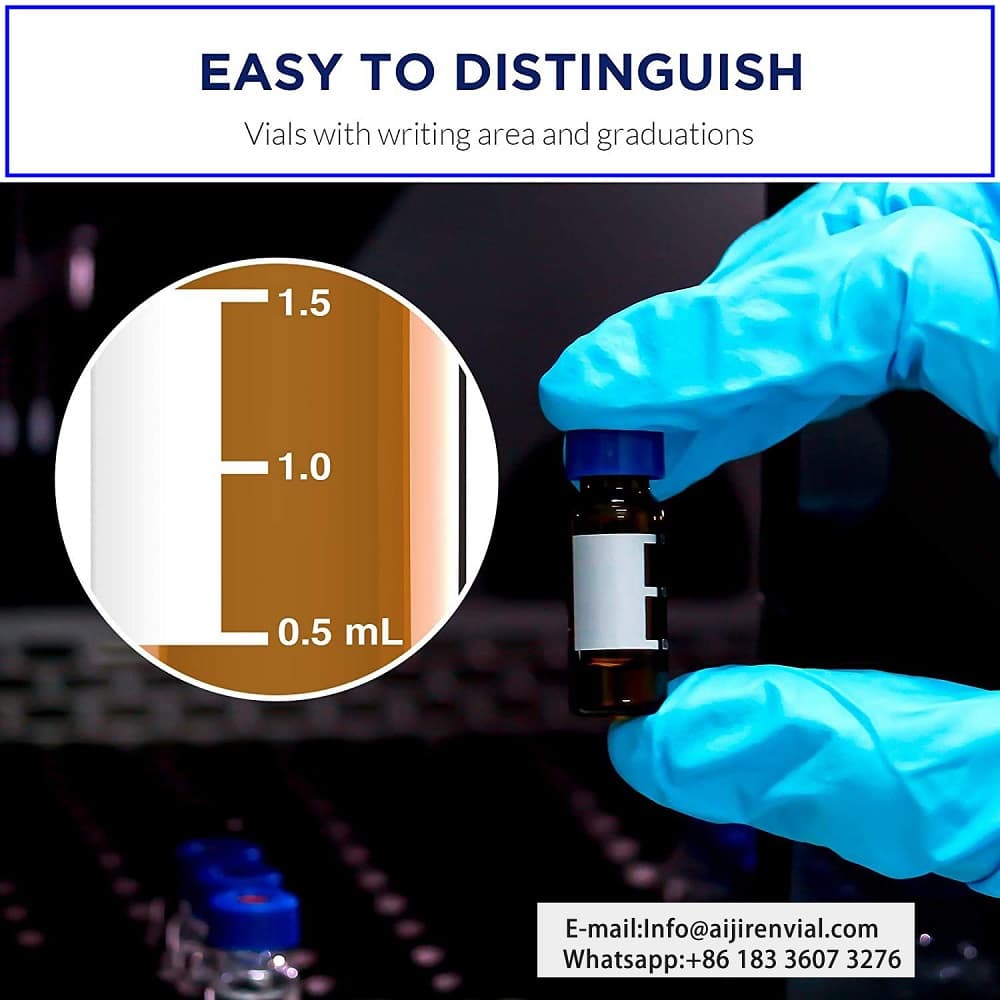
sample to be stored in the cryovial (“EDTA” for EDTA-treated plasma, “Buffy” for buffy coat, etc.). The number refers to the volume to be aliquoted (0.5 mL or 1.0 mL for